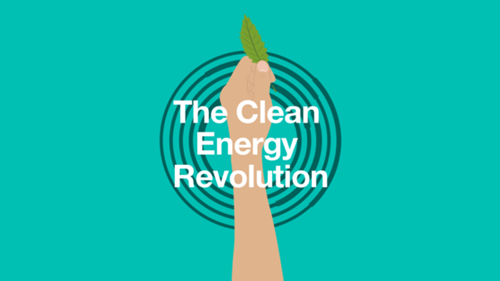Video content on a company website or via social media is a long-established way of promoting your brand and your business, but what about harnessing the power of audio?

It took a while for the UK to catch on, but podcasts are big business and can be a brilliant promotional tool for your company.
At Mentor, we always talk about owning your own narrative, finding ways to get your message across and not solely relying on mainstream media. People love real stories that they can identify with and share, and podcasts are a powerful storytelling device.
I’m a journalist and media trainer for Mentor but I’m also an audio producer, making podcasts and radio documentaries for the BBC. When I recently made a programme for Radio 4 called ‘A Voice for the Voiceless’, about interpreters in the UK, it got plenty of notice for an industry that’s rarely talked about in the media. The personal story of Isaac, a Glasgow based Urdu interpreter connected with the audience and stimulated conversation.
Podcasts create an opportunity to talk directly to your clients, to your employees, to create a community of like-minded people and to show a human side to the business.
If you think about how we listen to audio nowadays, it’s on the go and through headphones. A podcast feels much more intimate than just updating a social media post.
They’re really effective in internal comms too. Not everyone is comfortable in front of a camera and it can be a gentler way of engaging with staff. A short 15 minute update that can be listened to, while doing something else (or even out on the road) can really keep colleagues updated and connected. Netflix produce ‘We are Netflix’, Deloitte have ‘The Green Room’.
We’ve all heard of the term ‘thought leadership’. Podcasts give a brand a chance to talk to and collaborate with industry leaders and to discover the talent, passion and expertise inside your own business. It’s all about influence or ‘earfluence’ if you prefer!

Plus, it’s a format where you can take your time. We teach you how to distill your ideas in a short soundbite for TV and radio but imagine having 40 minutes to talk to your audience without interruption.
According to Statista, last year there were over 15 million podcast listeners in the UK. By 2024, this could increase to 20 million.
So which brands have discovered the power of the pod and are doing them well?
The National Grid are producing ‘The Clean Energy Revolution’ about how the world will be powered in the future.
Entrepreneur, Lewis Maleh hosts ‘Don’t take out your phone’ and chats about everything from business to science to tech.
Legal and General have hired Angelica Bell to present the ‘Rewirement’ podcast about unique and inspiring retirement stories.
And in the States, where they know a thing or two about using podcasts to market a brand, General Electric produce their own sci-fi audio drama called The Message, a compelling listen that also happens to bring attention to their latest innovations.
It can be daunting to know where to start. We’re here to answer all those questions you might have. Do you need a lot of expensive equipment? No, it’s amazing what you can do with just a smartphone. Why would anyone be interested in such a niche brand or subject? There’s a hugely popular Australian podcast called ‘People Movers’ that’s about escalators! What will we talk about and to whom? That’s where we come in, by helping to create rich content with inspiring speakers.
We’re constantly being asked to give media training to leaders who appear on podcasts, but we can help you develop your own content, style and delivery so that memorable and engaging audio can be another part of your communications mix.
For more information on how to conduct remote media interviews, as well as face-to-face exchanges, see our range of CPD accredited media coaching courses here


